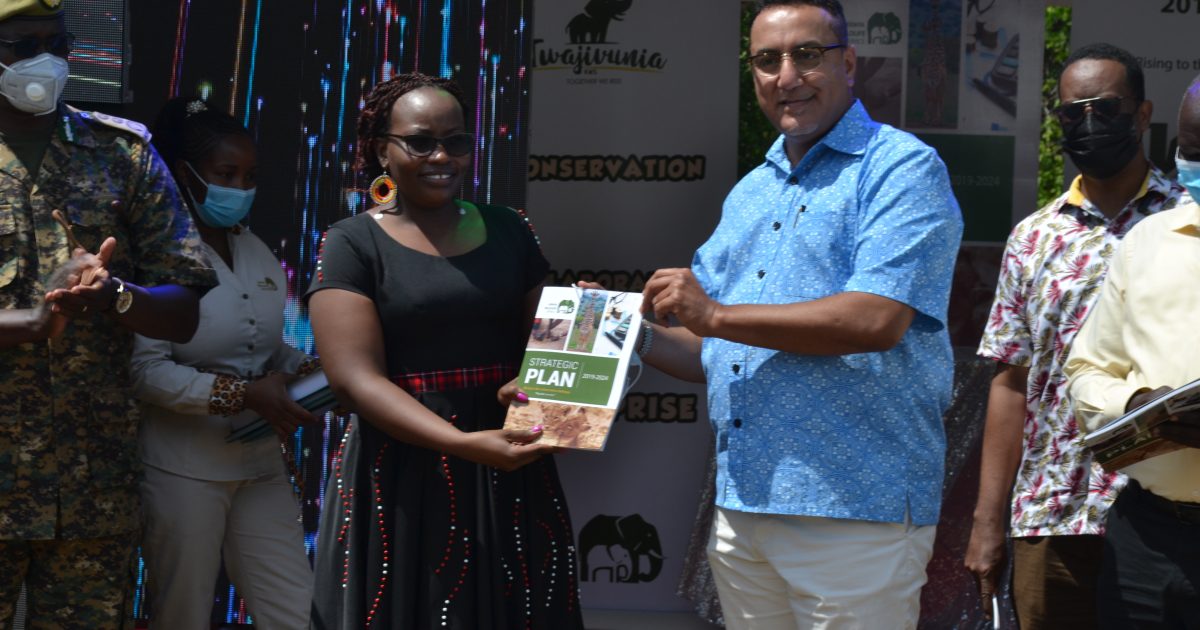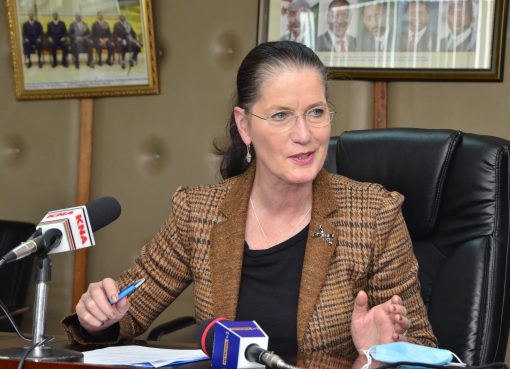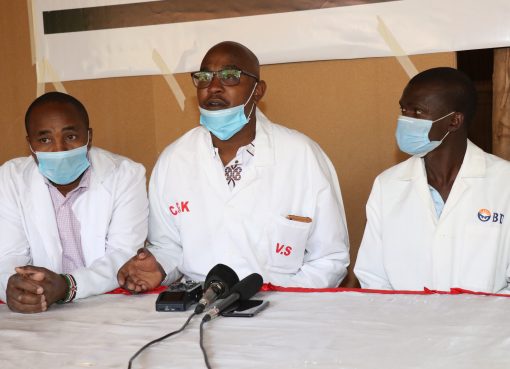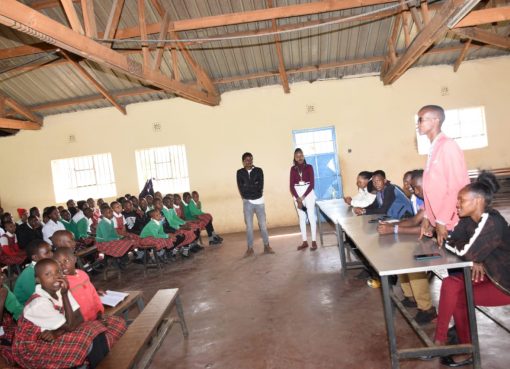The government owes families of victims of human/wildlife conflicts at least Sh12 billion in compensation, Tourism and Wildlife Cabinet Secretary Najib Balala has said.
Balala said there had been a compensation backlog of more than Sh14 billion over the past seven years, but added that the government had paid Sh2 billion since 2018.

Consequently, the CS has called on the Kenya Wildlife Service to make compensation its agenda item number one by seeking collaboration with partners to raise the money and end the families’ agony of endless waiting.
Balala was speaking at the Watamu Marine National Park in Kilifi County, where he officially launched the 2019-2024 KWS Strategic Plan and the conservation agency’s Human Resource Manual.
“For the last seven years, the compensation backlog has gone to Sh14 billion and since we came in in 2018, we have paid Sh2 billion to citizens and many more billions are still outstanding,” he said.
He said the issue of compensation was not just a national agenda, but an international one, since human/wildlife conflicts affect the government’s relationship with communities living with the animals.
“The government alone cannot handle this because the wild animals are not only living within government national parks, but in the whole country and that is why we must make this the first item in the KWS agenda because there must be a good relationship between KWS and wananchi,” the CS elaborated.
The CS called on the KWS to develop strategies of raising more funds in order to bridge deficits that have been caused by the coronavirus pandemic, saying that the state corporation cannot wholly rely on the government for funding.
“Government cannot fund us in everything, and it is not sustainable at the same time so we need to be more innovative in how to raise funds and at the same make sure we are not overpriced as a destination.
Balala said the Covid-19 pandemic adversely affected revenue collection within KWS resulting in a drop from 4.2 billion in 2019 to less than 800 million last year.
“The pandemic has affected us greatly. We generated about Sh4.2 billion in 2019, but we could hardly generate 800 million last year and that is a major deficit for the running and operation of KWS,” he said.
“Government is supporting but it is not very easy and we hope we can work with other partners to be able to fill the deficit,” he noted.
However, he said the government had observed that there is a big domestic tourism market during the pandemic, with Nairobi National Park benefiting greatly from local tourism followed by Amboseli and Nakuru National Parks.
He called on KWS and other tourism players to create affordable products for the domestic market in order to sustain it.
“The Domestic market has survived. So far, the most successful park for domestic tourism has been Nairobi National Park and a bit of Amboseli and Nakuru.
“We have only six parks that generate positively in terms of revenue to KWS, while the other 17 national parks do not generate revenue. Still, we need to sustain them, that is why we need to be innovative in looking at other sources of revenue,” he said.
Balala expressed hope that the ongoing vaccination exercises in Kenya and its tourism markets would soon help improve foreign tourist numbers as travel restrictions would no longer be necessary. He however urged more Kenyans to avail themselves for vaccination.
KWS Director General Brig. (Rtd) John Migui Waweru urged Kenyans to learn to live with wild animals, saying almost 65 per cent of all wild animals were living outside national parks and reserves.
He said the strategic plan was seeking to create awareness among Kenyans on how well they can co-exist with the animals without being in conflict.
The launch of the strategic plan was witnessed by the KWS Board of Trustees led by Chairperson Beatrice Maitoyo among others.
By Emmanuel Masha





